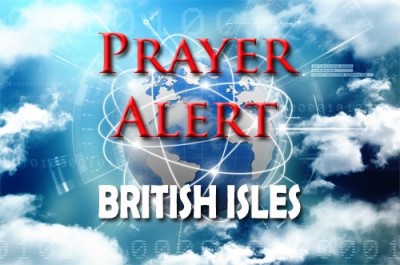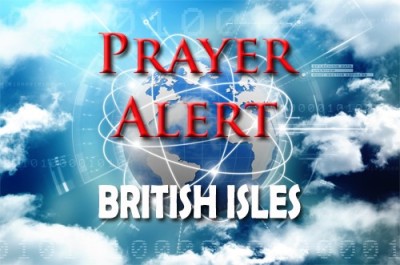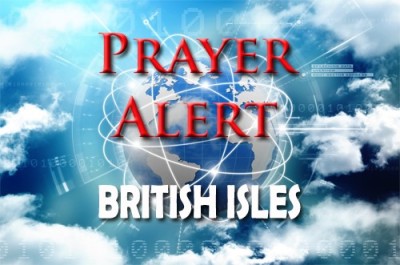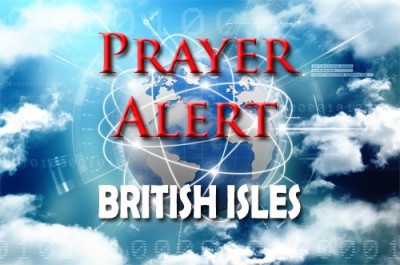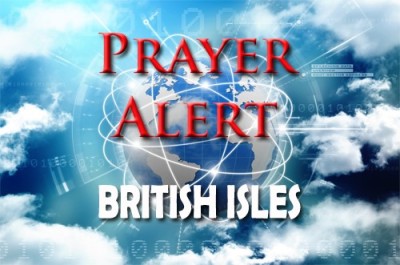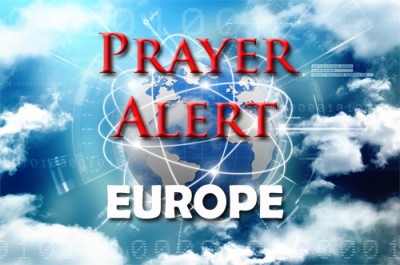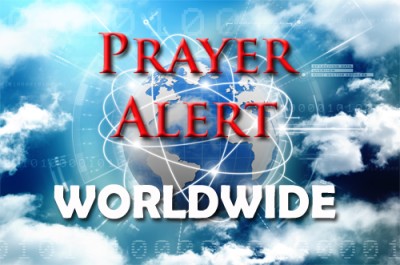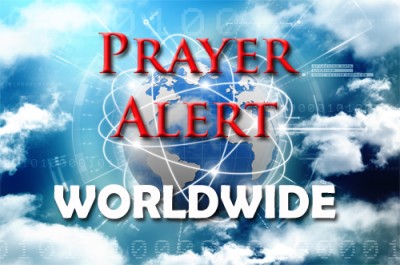Criminal barristers on strike
26 Aug 2022English and Welsh barristers will go on an indefinite, uninterrupted strike from 5 September. Recently they have been striking on alternate weeks in a dispute over pay, working conditions and legal aid funding. The strikes will delay thousands of cases, leaving victims and the accused waiting longer for justice. The Criminal Bar Association said the strike action was a last resort, after warning signs coming for many years. Barristers have endured their income collapsing, cuts, and underfunding. Their income has decreased 28% since 2006. Court cases are not going ahead because there are not enough barristers to defend or prosecute. A solution would be an injection of money into the backlog of cases that barristers are working on (currently 60,000 cases). It would cost the government £1.1m per month. It is costing much more for the courts to sit empty.
Back to the office to save jobs
26 Aug 2022Companies were forced to give bribes to cajole employees to return to the office last year: free breakfast, ice cream and even popcorn to workers who came in. Now bribes are replaced with stern summons issued to workers still wanting to stay at home. Apple’s chief executive ordered every employee to return to the office three days a week from September. That is the latest in similar demands issued by other companies, who all feel that office life improves productivity. But efforts to lure staff back may not be necessary when the country plunges into recession. Experts and City professionals are now saying workers are keen to get back in front of managers to save their jobs as a crisis looms. However, as the harsh reality of the cost-of-living crisis hits, they will still have to escort some of their colleagues to the door anyway.
Back-to-school costs
26 Aug 2022Parents are facing buying expensive school uniforms in time for the new academicl year. In 2020 the average cost of a uniform was £337 for secondary schools, £315 for primary schools. This year a quarter of parents will try to reuse old school items rather than buying new, according to Barclaycard research. One in five are donating old uniforms to others who cannot afford new ones. Demand for free school uniforms has rocketed recently. Although a new law protecting parents from unnecessary spending on branded items for school uniform costs will come into effect in September 2022, schools have until September 2023 to introduce change. Pray for schools quickly and thoroughly to review their uniform policies to make them more cost-effective sooner rather than later.
Monkeypox and brain stimulation research
26 Aug 2022An Oxford University team who found effective drugs to treat Covid are trialling an antiviral called Tecovirimat to aid monkeypox recovery. Over 3,000 British people have caught monkeypox in recent months, with more cases anticipated. The virus, declared a global health emergency, can take weeks before recovery, and there can be serious complications. ‘The aim is to find a treatment that helps people recover quicker and get out of quarantine'. Also scientists have discovered they can boost people's memory for at least a month by harmlessly stimulating parts of the brain with electricity. Volunteers performed better at word memorisation games, which tested their immediate ‘working’ memory and their long-term memory. Dementia is caused by a diseased brain, with dying brain cells leading to memory problems. The researchers are investigating whether the technology can be used to stimulate the surviving brain cells and help schizophrenics and obsessive-compulsive disorder patients.
Levels of death still as in pandemic
26 Aug 2022During lockdown newspapers reported thousands dying weekly. But last week 1,082 more people died than would be expected. These ‘excess deaths’ have averaged 1,000 for 15 weeks this year: they are not Covid deaths, so not newsworthy. Most deaths occur in private homes. This year there were 6,000 fewer deaths than expected in hospitals and care homes but over 17,000 more in people’s homes in England and Wales alone. Doctors are concerned about the unexpectedness of these deaths. 30- to 59-year-olds have excessively high death rates with heart attacks and diabetes. Symptoms were untreated during lockdown. People who need treatment now are struggling to get it. Waiting lists are larger than ever and getting a GP appointment is a lottery. Unless these issues are addressed, these diseases will continue to go untreated.
Europe’s drought and cost of living
26 Aug 2022Rivers drying up and farmland parched: Europe’s water scarcity is affecting lives and businesses. Scientists warn the current European drought could become its worst in over 500 years. Water scarcity has hit 60% of the continent from Italy to the UK. An unusually dry winter and scorching summer heat reduced rivers to rivulets. The historic water reserve lows have forced governments to restrict supplies, seriously affecting many sectors from agriculture to shipping. In July heatwaves shaved 0.5% off Europe’s annual GDP. Wildfires destroyed crops across Italy, Greece, France, and Spain, and energy prices are up because of the war in Ukraine. The Global Commission on Adaptation said an estimated investment of $800m in climate programmes could save poor nations up to $16bn every year.
Turkey / Israel: full diplomatic ties restored
26 Aug 2022Israel and Turkey have announced the return of full diplomatic ties between the two nations, including the reinstatement of ambassadors and consulate generals. This constitutes an important asset for regional stability and very important economic news for Israelis. Their relationship had deteriorated over the Israeli-Palestinian conflict, and Erdogan has been a harsh critic of Israel in its conflict with the Palestinians. Turkey has also hosted several Hamas leaders, which further strained relations between the two nations. Many believe Erdogan’s wish to renew these relations is a result of Turkey's economy floundering and his popularity dipping as a result.
Iran: Baha’i persecution
26 Aug 2022Over 200 security forces entered Roshankouh village in northern Iran to demolish houses and farms belonging to members of the Baha’i faith. They blocked the roads leading to the village and arrested anyone who tried to stop them. They confiscated mobile phones and warned locals not to take photos or videos of them using heavy construction machinery to demolish buildings. Since early June, Iran has intensified its systematic campaign to suppress the religious minority, raiding households, shutting down businesses, arresting many, and putting Baha’i on trial, including three of the former leaders of the community. 50 Baha’i homes were demolished in the same province; the authorities confiscated the assets of 27 Baha’i families who had lived there for several generations, claiming that the money they earned was ‘unlawfully earned’. 20+ Baha'i businesses were closed in July. Very little Christian love and witness to them exists, although some Persian Christians have begun to reach out to them.
